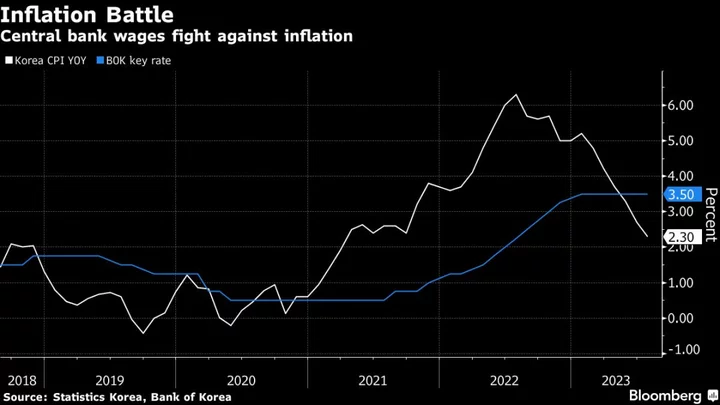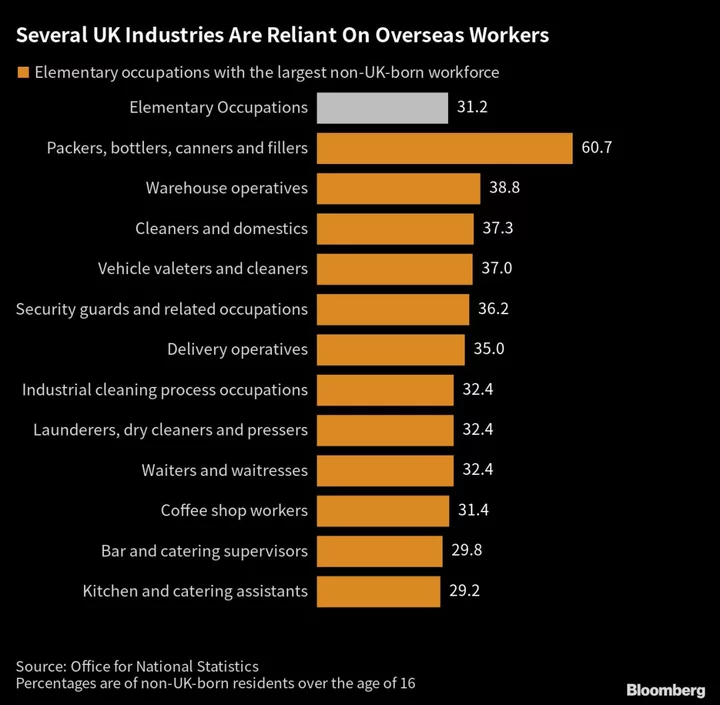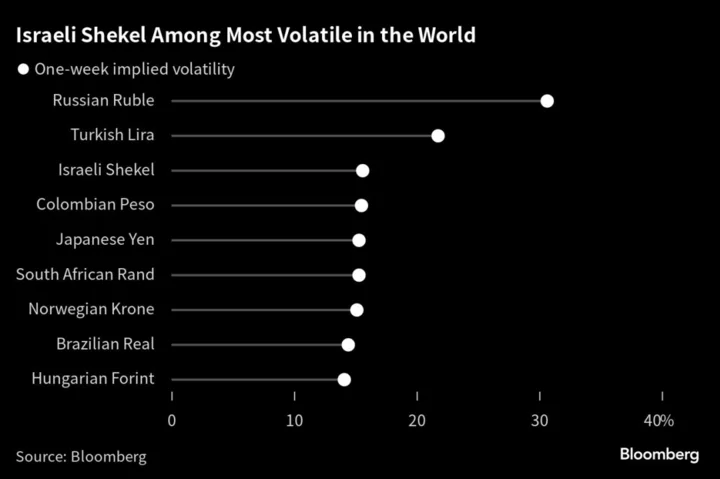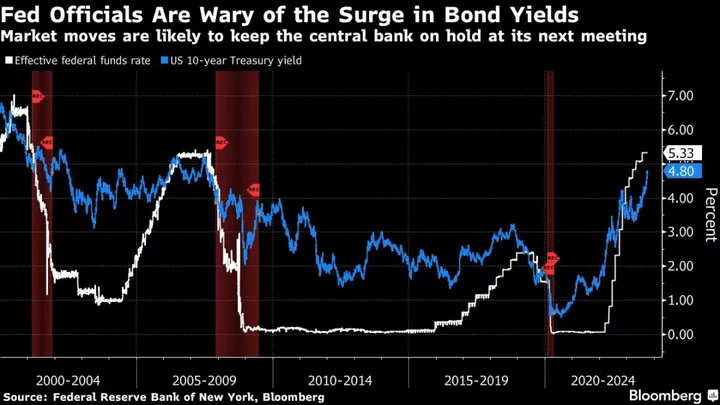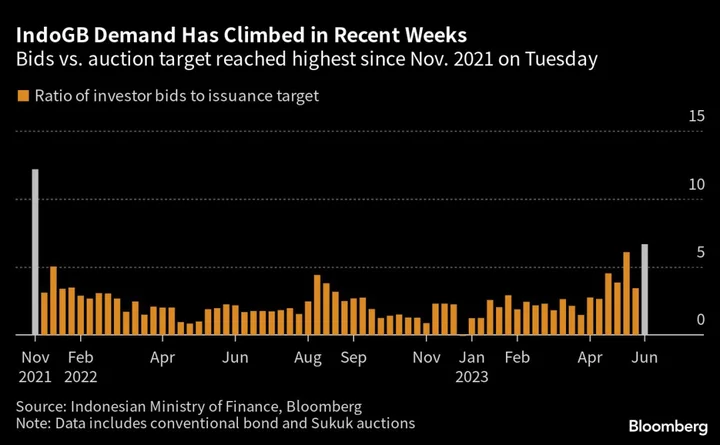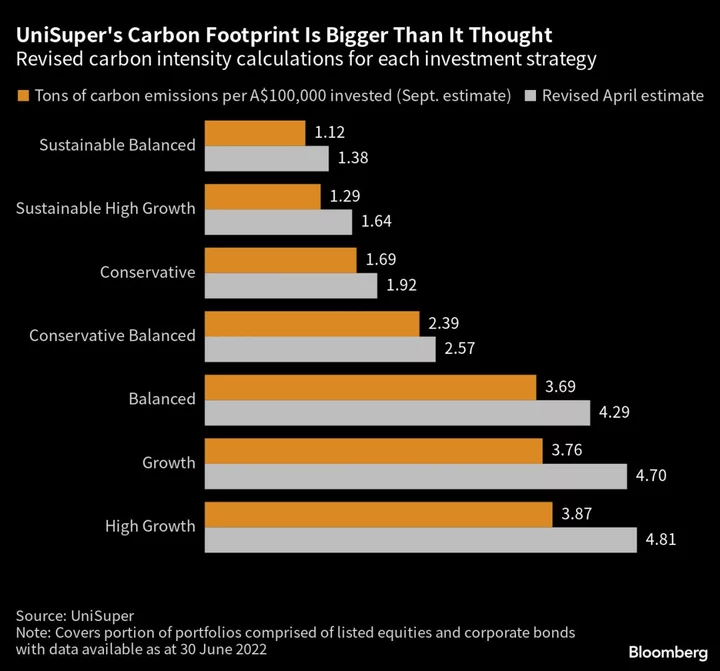South Korea’s pace of inflation eased in July to the slowest in more than two years, offering more evidence that the central bank is gaining ground in its effort to cool price growth.
Consumer prices advanced 2.3% from a year earlier, slowing from June’s 2.7% gain, the statistics office reported Wednesday. Economists had predicted inflation would come in at 2.4%.
The Bank of Korea had forecast headline price growth would slow in July before picking up again from August and fluctuating around 3% through the end of the year. The latest data will serve as a key factor to consider when officials at the central bank gather later this month to decide interest rate policy.
After its meeting last month, the BOK said core inflation is projected to keep slowing in the second half “but is expected to be slightly above the previous forecast of 3.3% this year due to accumulated cost pressures and favorable demand in services.”
The central bank has stood pat for most of the year after raising its key rate by a cumulative 300 basis points since 2021, but it has kept the door open to further rate increases. At the July meeting, the board was unanimous in opting to retain the option of lifting the key rate to 3.75% at some future date.
A pick-up in oil prices, rising public-service costs and unusually hot weather are among key risks to Korea’s consumer prices. Federal Reserve decisions are another factor the BOK is monitoring as it plots its course of action. After the Fed raised interest rates by a quarter percentage point at its July 25-26 meeting, Chairman Jerome Powell left open the possibility of another increase.
Further policy tightening by the BOK would risk exacerbating pain for the construction industry and add to challenges for the property market. South Koreans also have one of the world’s highest levels of household debt, with the majority of loans tied to floating rates.
The Korean economy is also struggling to regain momentum as demand for its exports such as semiconductors remains weak. The BOK said this month the trade-reliant economy would likely grow 1.4% this year, a revision from its previous forecast of 1.6%.
(Adds details from the report.)

